Equinor and RWE to develop hydrogen-fired power plants in Germany, Norway-to-Germany hydrogen pipeline
Green Car Congress
JANUARY 6, 2023
Norwegian state-owned energy company Equinor and Germany-based energy company RWE have agreed to work together to develop large-scale value chains for low carbon hydrogen. The cooperation has these main building blocks: Construction of new gas power plants (CCGTs), contributing to Germany’s phase-out roadmap for coal.

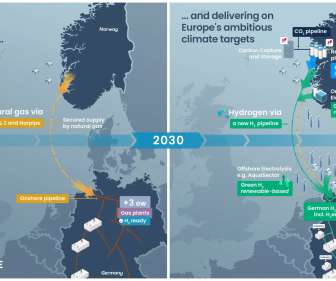
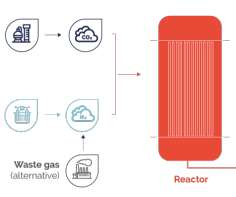
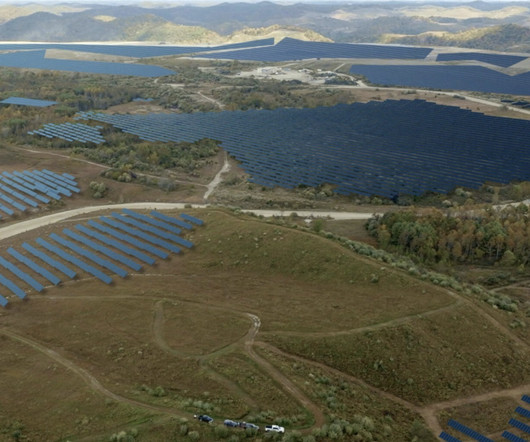
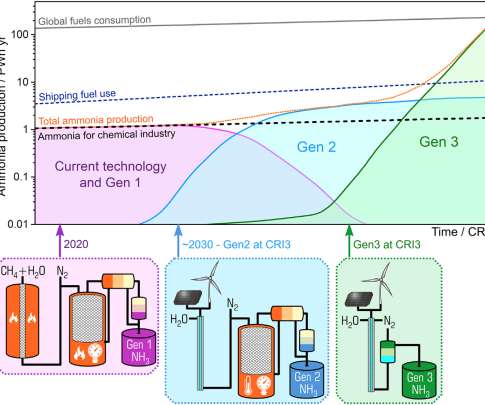


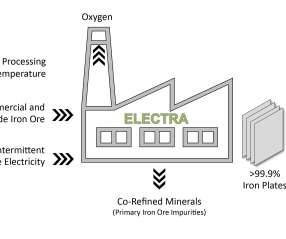
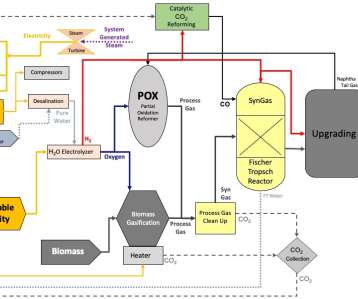



























Let's personalize your content